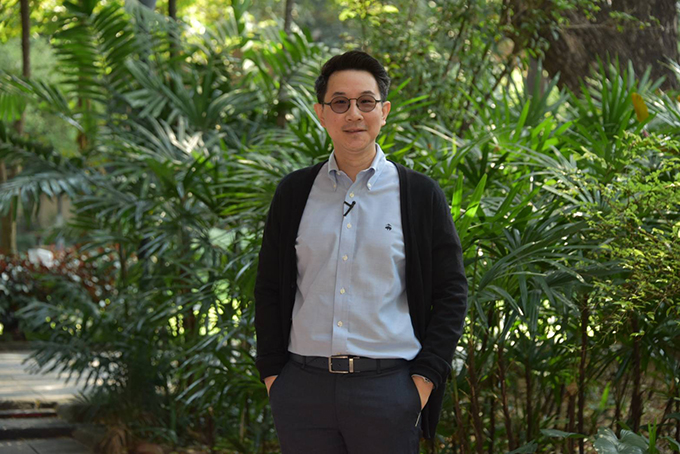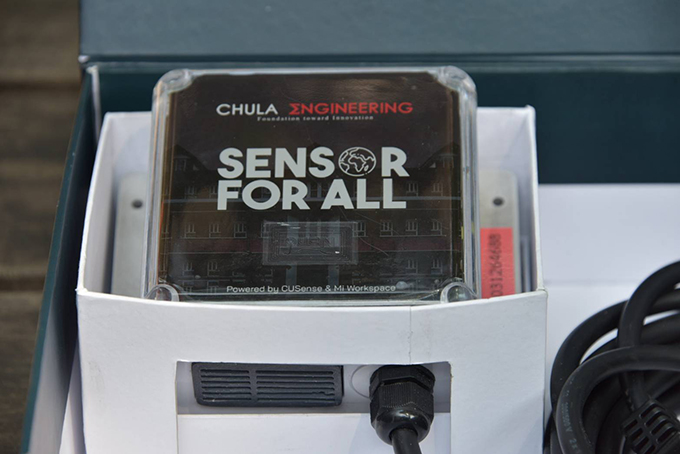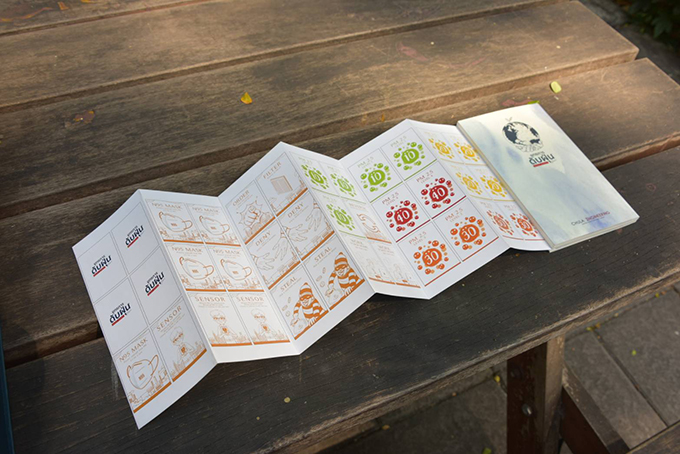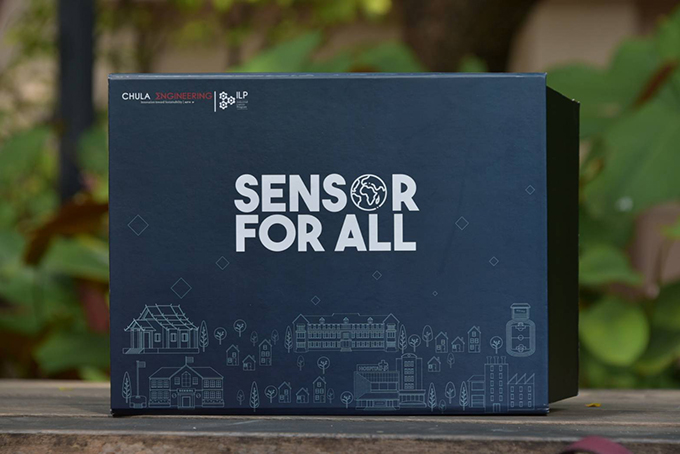Thailand’s PM2.5 dust particles level ranks as one of the highest in the world and poses health risks to the urban population. Having a reliable tool developed by Thais themselves to warn the public of PM2.5 dust conditions is crucial, and the “Sensor for All” project by Chula Engineering is an answer to this problem. During the past three years, a team of multidisciplinary experts of Chula Engineering has been working on installing sensor nodes, starting on the Chula campus, and expanding to cover the whole country.
Department of Environmental Engineering, Faculty of Engineering
Prof. Dr. Pisut said that the Sensor for All project, which started almost 10 years ago, stemmed from the air-quality sensor network innovation project — a collaboration among lecturers from Environmental Engineering, Survey Engineering, and Electrical Engineering departments. “We wanted our innovation to be used widely, and sustainably. Therefore, the Sensor for All project was born. In the first couple of years, the project focused on inviting participation from various agencies to create sustainability for Thai society.”
Initially, the Sensor for All project began with the development of PM2.5 sensors and installing them in the area around the Chula campus. The second year was dedicated to data transfer and display, as well as expanding the coverage to include all areas of Bangkok through collaboration with the National Housing Authority and True Corporation. Moreover, dissemination of information in the form of a booklet entitled “A Battle to Kill Dust” was published to educate young people. The third year of the project was launched last November with an installment of PM2.5 sensors at 1,000 locations throughout Thailand by Chula Engineering and project partners.
Currently, the public can get daily air quality data and information on the Sensor for All website: http://sensorforall.eng.chula.ac.th/ and Facebook (Sensor for All). A smartphone application is under development and expected to be released in mid-February 2021. Interesting features of the app include air quality and PM2.5 indexes and forecasts, accurately provided by locally developed sensors, information sharing to contribute to sustainability, and interactions between users and the application developers.
“The most valuable commodity in this era is not money, but data. What adds value to data is a dedicated team of experts. Sensor for All will serve as one of the prototypes of innovation towards sustainability, showcasing the capability of Thai people. The success of this project will be expanded to find solutions in other areas, including plastic waste and natural disasters, ”Prof. Dr. Pisut concluded.
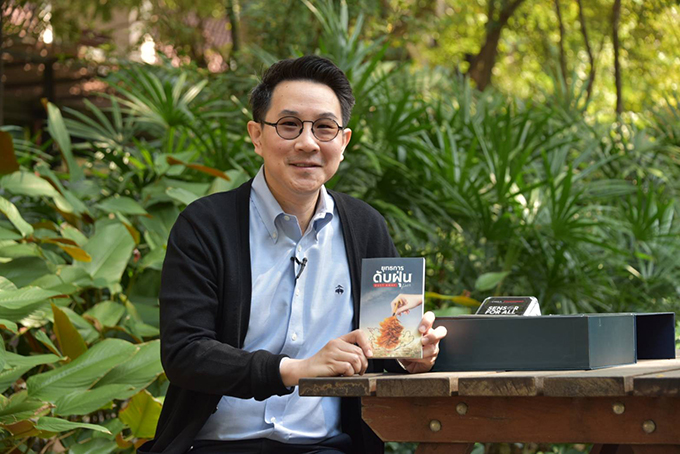
Track air quality indexes, and learn more about PM2.5 dust particles at
http://sensorforall.eng.chula.ac.th/; and https://www.facebook.com/sensorforall/.
Also, “Sensor For All” application is now available on Apple Store and Google Play.


